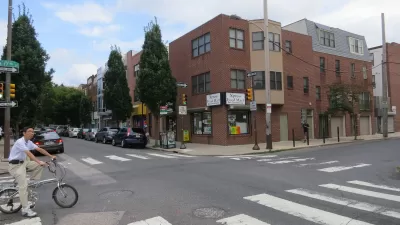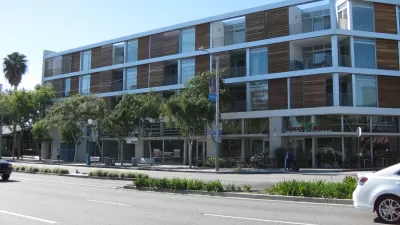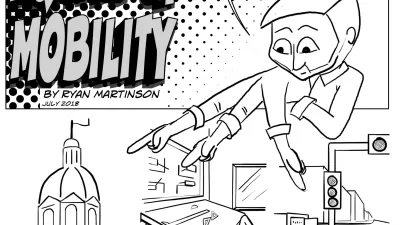Todd Litman
Todd Litman is the executive director of the Victoria Transport Policy Institute.
Contributed 445 posts
Todd Litman is founder and executive director of the Victoria Transport Policy Institute, an independent research organization dedicated to developing innovative solutions to transport problems. His work helps to expand the range of impacts and options considered in transportation decision-making, improve evaluation methods, and make specialized technical concepts accessible to a larger audience. His research is used worldwide in transport planning and policy analysis.
Mr. Litman has worked on numerous studies that evaluate transportation costs, benefits and innovations. He authored the Online TDM Encyclopedia, a comprehensive Internet resource for identifying and evaluating mobility management strategies; Transportation Cost and Benefit Analysis: Techniques, Estimates and Implications, a comprehensive study which provides cost and benefit information in an easy-to-apply format; and Parking Management Best Practices, the most comprehensive book available on management solutions to parking problems. Mr. Litman is a frequent speaker at conferences and workshops. His presentations range from technical and practical to humorous and inspirational. He is active in several professional organizations, including the Institute of Transportation Engineers and the Transportation Research Board (a section of U.S. National Academy of Sciences). He is a member of the Editorial Advisory Board of Transportation Research A, a professional journal.

Dynamic Planning for Affordability
Conventional planning is static, designed to lock in existing land use patterns. We need more dynamic planning to respond to changing household needs and community goals.

For Less Displacement, Build More Housing
New research finds lower displacement rates in neighborhoods with more new housing development. Slowing or stopping new development has the opposite of the desired effect, constricting housing supply, driving up rents, and displacing residents.

How Filtering Increases Housing Affordability
Good research indicates that building middle-priced housing increases affordability through "filtering," as some lower-priced housing occupants move into more expensive units, and over time as the new houses depreciate and become cheaper.

Affordability Trade-offs
Strategies for increasing affordability often involved trade-offs between various goals and impacts. It is important to consider all of these factors when evaluating potential solutions to unaffordability.

Equity and Mobility: A Comic Treatment for Transportation Professionals
What does "equity" mean for transportation professionals? This is discussed in a 12-page comic published in the Canadian Institute of Transportation Engineers newsletter.

























